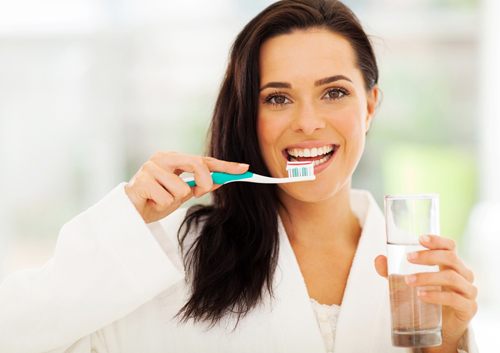Which toothpaste should I use?
May 30th, 2017

Toothpastes come in many forms and boast different flavors, benefits, and endorsements. All are designed to remove surface bacteria and prevent the buildup of plaque that can cause tooth decay. With so many choices, Dr. David Barney and our team at Barney Family Dental know that selecting the right toothpaste can be intimidating. After all, some benefits are welcome bonuses, while others are absolutely essential. So how can you know which toothpaste is best for you?
ADA Seal of Approval
While all toothpastes must first be approved by the Food and Drug Administration for sale to consumers, the American Dental Association puts these products through further rigorous tests for safety and effectiveness. Toothpaste that boasts the ADA Seal of Approval can be trusted to do exactly what it claims.
Fluoridated
Fluoride is an essential ingredient in a daily toothpaste. It helps to protect the tooth from decay by removing plaque and strengthening the enamel. Although fluoride is found in many public water supplies, many people are deficient in it due to the consumption of bottled water instead of tap water. All toothpastes with the ADA Seal of Approval contain fluoride.
Other benefits
If a toothpaste meets the ADA’s standards and contains fluoride, the next step is to clear it with your dentist. This is especially true if you decide to use a whitening toothpaste, which often contains abrasives to remove surface stains. Though abrasives are an effective aid in tooth whitening, they may not be recommended if you have weak tooth enamel.
Specialty toothpastes
In certain situations, Dr. David Barney may suggest or prescribe specialty toothpaste, depending on your oral health needs. For example, patients who are prone to tooth decay and cavities despite frequent brushing and flossing may benefit from prescription-strength fluoridated toothpaste to help prevent the weakening of tooth enamel. Others who suffer from tooth sensitivity may benefit from the use of desensitizing toothpaste. Talk with Dr. David Barney if you think a specialty toothpaste could be right for you by scheduling an appointment at our Beaverton, OR office.




 Website Powered by Sesame 24-7™
Website Powered by Sesame 24-7™